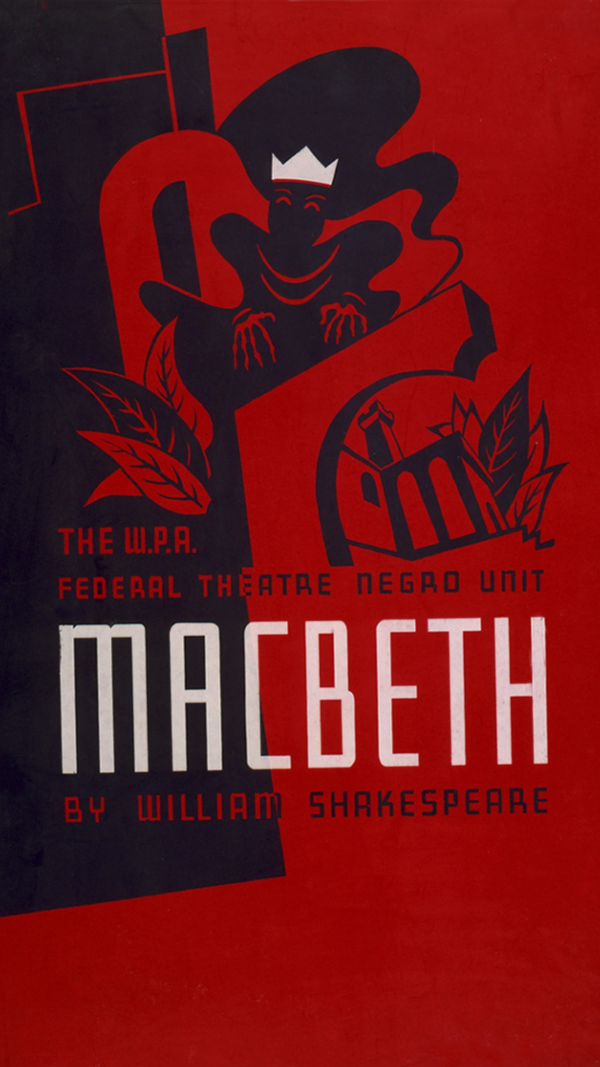NEW DELHI: In his first public address since assuming office, Chief Justice of India B R Gavai on Sunday asserted that it is not the judiciary, executive, or Parliament that holds supremacy in India, but the Constitution.
Speaking at a felicitation ceremony and lawyers' conference organised by the Bar Council of Maharashtra and Goa, CJI Gavai said, “Neither the judiciary nor the executive and the Parliament is supreme, but it is the Constitution of India which is supreme, and all the three wings have to work as per the Constitution.”
Justice Gavai, who was sworn in as the 52nd Chief Justice of India earlier this week, used the occasion to highlight the importance of mutual respect and cooperation between the country’s key institutions. “All the organs of the Constitution must reciprocate and give due respect to each other,” he said.
He noted with satisfaction that India has not only strengthened over the years but has also made significant strides socially and economically.
Underscoring the enduring strength of India’s constitutional framework, he remarked, “The country’s basic structure is strong, and all three pillars of the Constitution are equal.”
CJI Gavai displeased over protocol lapse during first visit toMaharashtra after taking officeThe event also saw CJI Gavai voicing his displeasure over the absence of senior Maharashtra officials to receive him during his first visit to the state after assuming office. Noting that neither the chief secretary, the director general of police, nor the Mumbai police commissioner were present, he said, “If the Chief Secretary of the state, DGP or Mumbai police commissioner does not want to come there, when the CJI, who is from Maharashtra, has arrived for the first time, it's up to them to think about whether it is right or not.”
He was quick to clarify that he was “not insisting on adherence to protocol” but made the observation to highlight the need for mutual respect among the three pillars of democracy.
“When a chief of an organ or institution is coming for the first time to the state, especially when he too belongs to the said state, whether the treatment they gave was right or not, they themselves should think,” he said.
“If in my place there was someone else, then the provisions of Article 142 would be considered,” he added with a touch of humour. Article 142 of the Constitution empowers the Supreme Court to pass any decree necessary to do “complete justice.”
CJI Gavai also remarked, “I am glad that the country has not just strengthened but has also developed on the social and economic fronts and continues to do so.”










